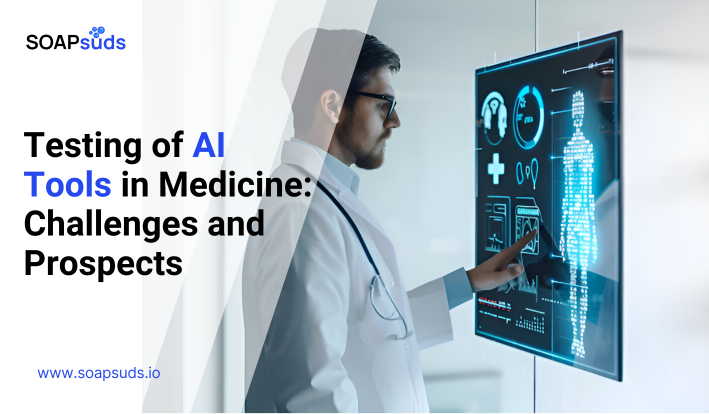How AI Scribe Data and Population Health Insights Improve Preventive Care
SOAPsuds team
Published: 10/7/2025
SOAPsuds team
Published: 10/7/2025

Feeling stressed from handling medical paperwork is common. AI transcription tools provide a smart way...

About 13 years ago, the quick adoption of electronic health records (EHRs) and new medical...

Doctors are often extremely busy, seeing numerous patients throughout the day. After providing care...

Years ago, after finishing a patient visit, doctors would jot down a few quick notes

Today, we’re taking a closer look at Electronic Health Records (EHR) and how making adjustments...

With the rapid growth of artificial intelligence, regulators like the FDA have approved hundreds of...
Clinical Notes
SOAP notes
DAP notes
AI medical notes